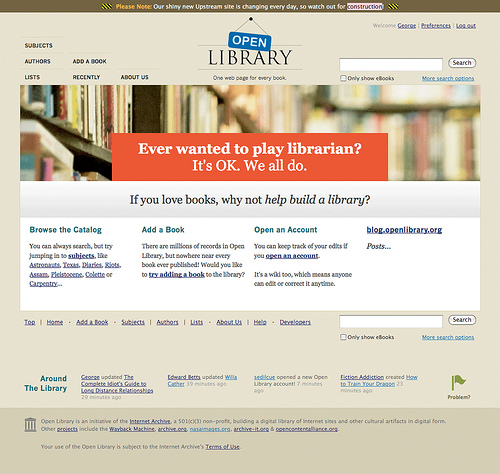The Heights Observer, like the Lakewood paper, is written by citizens, who use AGS’s web-based program to upload stories and photographs onto a server. Volunteer editors read the content, post stories to the paper’s web site and design newspaper pages, all via the Internet.
The volunteers and low overhead will allow the Heights Observer to keep costs low, said Deanna Bremer Fisher, executive director of FutureHeights, a nonprofit dedicated to improving life in Cleveland Heights. (May 5th, Crain’s Cleveland Business, Citizen-produced Observer catching on With three new editions on tap, company’s publisher envisions an edition “in every town’ Chuck Soder)
The Lakewood Observer is vigorously seeding its model. Leveraging creative and executive intelligence along with Lakewood’s innovative publishing software, other communities are taking up the task of building civic chops* via the model of volunteer journalism and voluntary engagement.
- civic chops::creative, cognitive, artistic, emotional, disciplinary, abilities and capacities–focused upon the development of community self-knowledge, self-awareness, and knowledge creation.
I rode with the Lakewood Visionary Alignment for its, as I see it, second chapter. From my anthropological-adult learning perspective the interesting aspect I’ll continue to track is how–overall– journalistic reports will tend to either accentuate or mitigate knowledge creation, and, how does reportage deeply ramify civic engagement.
All sorts of challenges crop up on the path toward realizing civic self-knowledge. The central cross purpose comes up in the flux between the wish to elevate the positive “brand,” and the more veracious wish to uncover whatever knowledge might find its way into the, so-called, Civic Open Source.
- Civic Brand::attractive community identity; in terms we developed, thus the brand is the civic persona presented as the face of the civic imago–the imago then is the source of manifest collective identity and identity in-potentia.
- Civic Open Source is a coinage::knowledge is radically democratized, made accessible, is shared, and is freely subject to re-configuration and re-use.
I noted in 2005 that well intentioned civic-promotion (in Lakewood,) would surely clash with the inspirational desire to achieve civic self-knowledge and community awareness. This follows simply from recognition of those aspects of civic life that form the undercurrent of the civic shadow; manifested as the Other, constituting alterity at the scale of community.
The point of inspiration was predicated on unleashing community researchers into both the lit up and darkened corners of the community, and then allowing any findings to stream through the uncensored process. Much of this thrust followed from having a core group turned on by the idea of a city coming to know its self better than any other. And, I knew going into it, that cross purposed desires would be compelled to negotiate and self-organize accomodation along the way.
How it sorts itself out has everything to do with the implicit group relations that contextualize the psychological negotiation of points of emphasis. In this sense, the community newspaper is, every time its published, the fruit of such negotiation. This is a fascinating underlay because in this group arise learning processes. At the end of the day to sustain civic chops is to nurture capacity in the context of the group and via the group’s various and variable intentions, desires, and labors of love. Praxis.
Along with this comes the prospect of securing better civic engagement and cohesion by virtue of, in effect, self-selected journalists and researchers, working, acting ‘on the city.’ Given my prejudices, this could effect re-personalization; a term of Paolo Freire having to do with a socially unified critique of the givenness of the social environment causing transformations of awareness stood against de-personalization. With respective to this, collective action is aimed to liberate, and so the negotiation between boosting of and boasting about the given, and, critically conscious confrontation with the received functions and facilities of the extant given communitas deeply explicate the variance in hope and hazard between sustenance of this given, and, disruptive transformative learning.
Continue reading →



